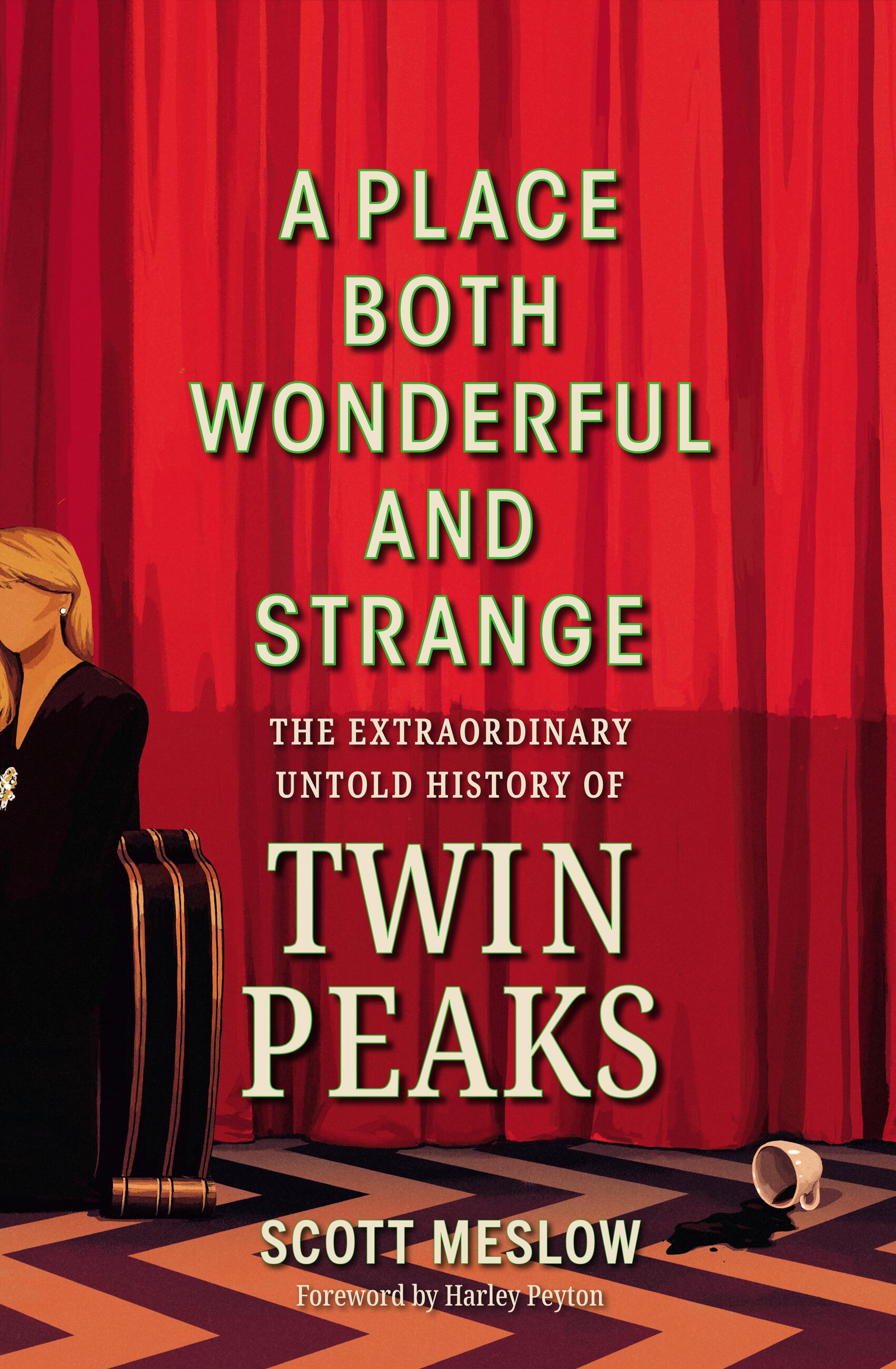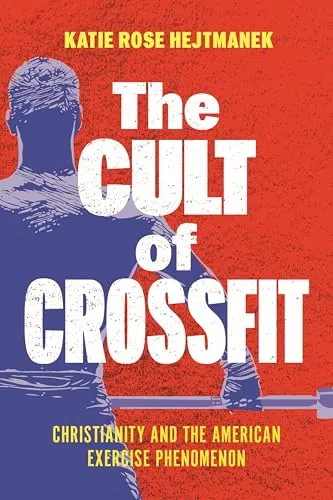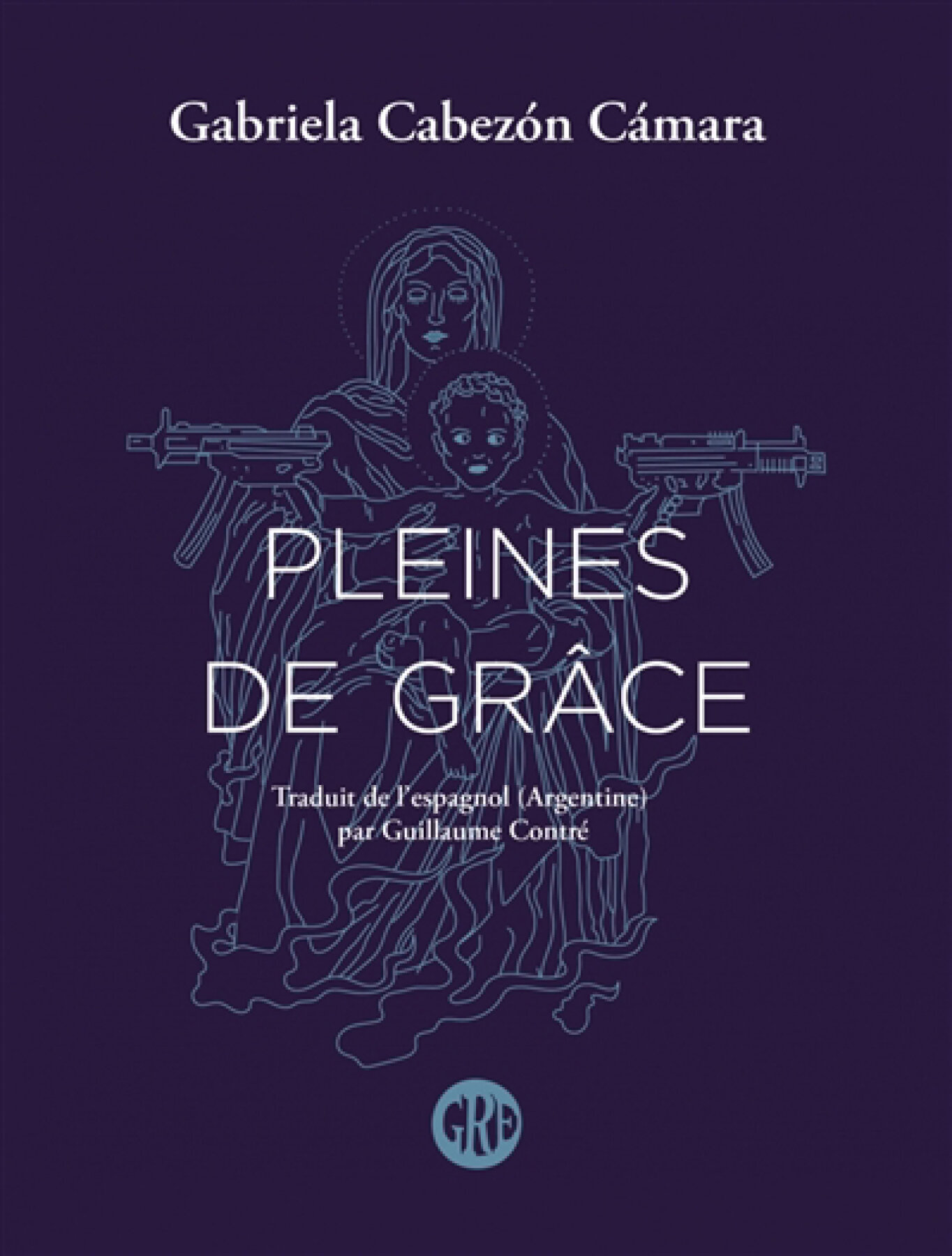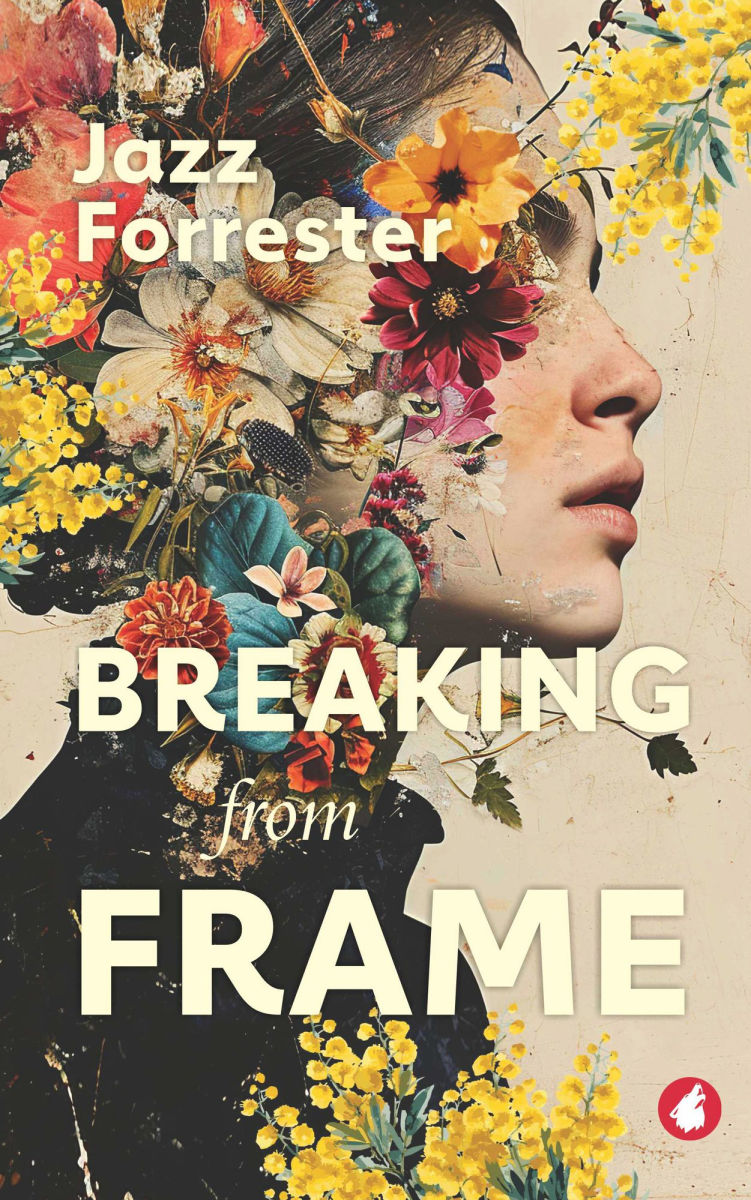Gersande La Flèche started reading Easy Money by Ben McKenzie
So @leifur mentioned this book to me last year and I forgot about it until I was rewatching a video on YouTube that mentioned the O.C. and had Ben McKenzie in the included clips, Leif mentioned the book again and now I'm going to read it. (I know, I know, I'm supposed to be reading more fiction, lalalala, this is fine!)
So @leifur mentioned this book to me last year and I forgot about it until I was rewatching a video on YouTube that mentioned the O.C. and had Ben McKenzie in the included clips, Leif mentioned the book again and now I'm going to read it. (I know, I know, I'm supposed to be reading more fiction, lalalala, this is fine!)




















